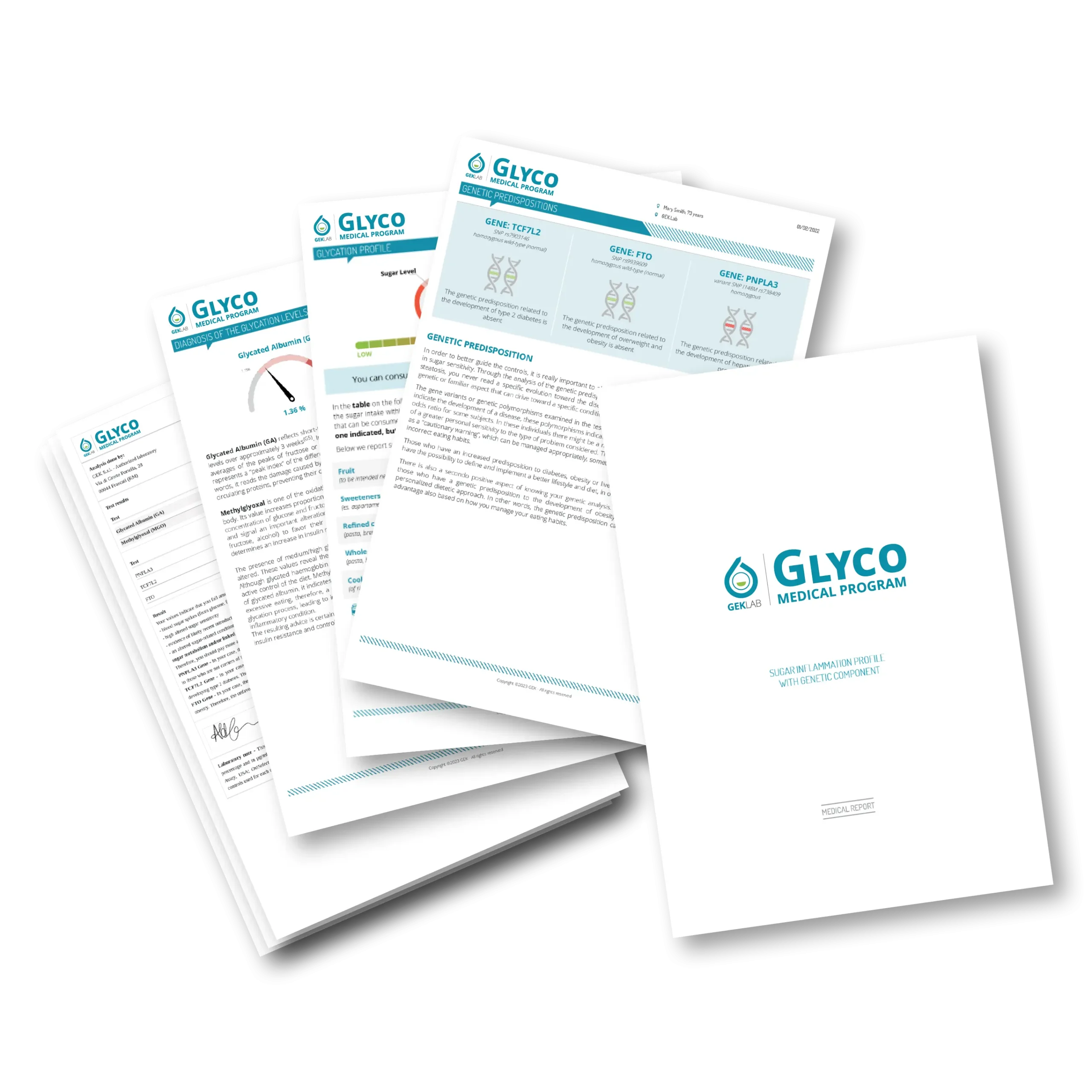
At the core of consistently and optimally performed sports activities, and for achieving the desired results with satisfaction, there must always be a complete, balanced, and personalized diet, as we explain in this article.
However, to support the athlete during peak performance periods, certain sport-specific supplements, if carefully chosen, can undoubtedly be useful both for compensating for potential deficiencies and for providing the body and muscular system with the essential substrates for optimal physical performance.
Vitamin D
The primary source of vitamin D is actually exposure to sunlight, which allows our body to synthesize this vitamin endogenously. Although it is naturally present in various foods such as eggs and fatty fish (e.g., salmon, herring, and anchovies), the amount of vitamin D we can obtain from food is often insufficient to meet our needs.
Supplements are not magic potions, and they can contribute to performance only if they are based on an anti-inflammatory diet, which is primarily characterized by the inclusion of all macronutrients in the main meals: carbohydrates, proteins, plant fibers, and fats.
Especially during the winter months, when sun exposure is reduced, sports supplements can play a crucial role in ensuring an adequate intake of vitamin D.
Among the many functions of vitamin D, it’s important to highlight its role in strengthening the immune system, which helps improve athletic performance and maintain training consistency. Additionally, it supports bone metabolism by aiding the absorption and fixation of calcium and can positively influence emotional well-being by helping to mitigate anxiety and depression.
Maintaining optimal vitamin D levels is therefore beneficial for managing the psychological aspects of sports practice, including stress from competition, the ability to face challenges, and positively responding to defeats.
Typically, during the winter months and at our latitudes, a daily intake of 2000 units of vitamin D is recommended, after having an analysis of your baseline levels.
Magnesium
Sports supplements containing magnesium come in various forms, each with specific functions. Among these, one of the best options for athletes is represented by preparations containing organic salts like magnesium oxyprolinate, known for their high bioavailability, for example Zerotox MG3.
Magnesium plays a fundamental role not only in bone health but also in the functioning of the nervous system, influencing the biochemistry of synapses and contributing to the efficiency of the electrical impulses that transmit signals along the nervous system. Additionally, thanks to its relaxing action, magnesium helps counteract or prevent the onset of muscle cramps, including those associated with premenstrual syndrome.
The relaxing effect of magnesium is also beneficial for the cardiovascular system, helping to regulate any arrhythmias, fibrillations, and irregular heartbeats not due to organic abnormalities, thus offering an additional advantage for athletes.
Branched-Chain Amino Acids
Branched-chain amino acids (BCAAs) are essential amino acids that must be obtained through the diet as they are not synthesized by our bodies. When taken through sports supplements, they have the unique ability to work specifically at the muscular level. They act as support during performance and recovery, facilitating muscle fiber growth and limiting Delayed Onset Muscle Soreness (DOMS), which are post-workout pains due to the physiological breakdown of muscle fibers.
It is useful to use branched-chain amino acids before or during training, especially when training on an empty stomach or far from meals, or when performance is prolonged – think, for example, of those who engage in physical activity before breakfast. Using these supplements helps prevent muscle catabolism, which is the consumption of muscle itself to produce energy due to a lack of nutrients circulating.
In short, we can consider branched-chain amino acids as a targeted “snack” for muscles, which has the advantage of not triggering digestive processes.
The recommended dosage is typically one gram per ten kilograms of body weight. Be cautious with powdered products, which are usually flavored with sweeteners that can have a detrimental effect on performance.
Omega-3 and Omega-6
Omega-3 and Omega-6 are essential fatty acids with anti-inflammatory properties that must be introduced through the diet and are fundamental sports supplements. Although they are present in various foods such as nuts, walnuts, almonds, extra virgin olive oil, and fatty fish, it is often advisable to supplement with a higher and more standardized quantity of these nutrients to fully exploit their important anti-inflammatory action.
Sport, although beneficial for the body, can cause a transient inflammatory condition, which can be effectively countered through supplementation. Plant-based Omega-3 and Omega-6 supplements are particularly suitable in this context, as they are more absorbable and suitable even for those following a diet devoid of animal products.
Products like Zerotox Ribilla, characterized by a balanced ratio of Omega-3 and Omega-6, represent valuable support for athletes in addressing and combating inflammatory conditions associated with intense physical activity.
Protein powders
Although commonly associated with the world of bodybuilding, protein powders are useful sports supplements in a wide range of athletic contexts and even for those who do not engage in physical activity but have a low-protein diet. These protein powders are essentially made from hydrolyzed proteins (and therefore in almost all cases free of allergenic effects) from foods such as milk, soy, rice, peas, and hemp, extracted and concentrated to offer a convenient and easily digestible alternative.
In addition to their utility, protein powders are also extremely practical and digestible. For example, a milkshake made with milk, protein powder, and fruit allows for a quick meal during a break in prolonged activity, such as a long trek.
In this case as well, it is important to pay attention to added sweeteners, which could compromise performance. Therefore, it is advisable to opt for neutral flavors.
If you experience a poor response to training
Supplements are not magic potions, but they contribute to performance only if there is an anti-inflammatory diet at the base, characterized primarily by the presence of all macronutrients in main meals: carbohydrates, proteins, plant fibers, and fats.
If you notice performance issues and poor workout response, it is useful to undergo a Glyco Medical Report. This product analyzes the percentage of glycated albumin (GA) and levels of methylglyoxal (MGO) present in the body. Currently, only a few excellent laboratories, including GEK Lab, offer this type of analysis. The assessment of methylglyoxal levels, in particular, can reveal the presence of inflammatory processes that compromise efficiency in energy production.
By the Scientific Editorial Team at GEK Lab



